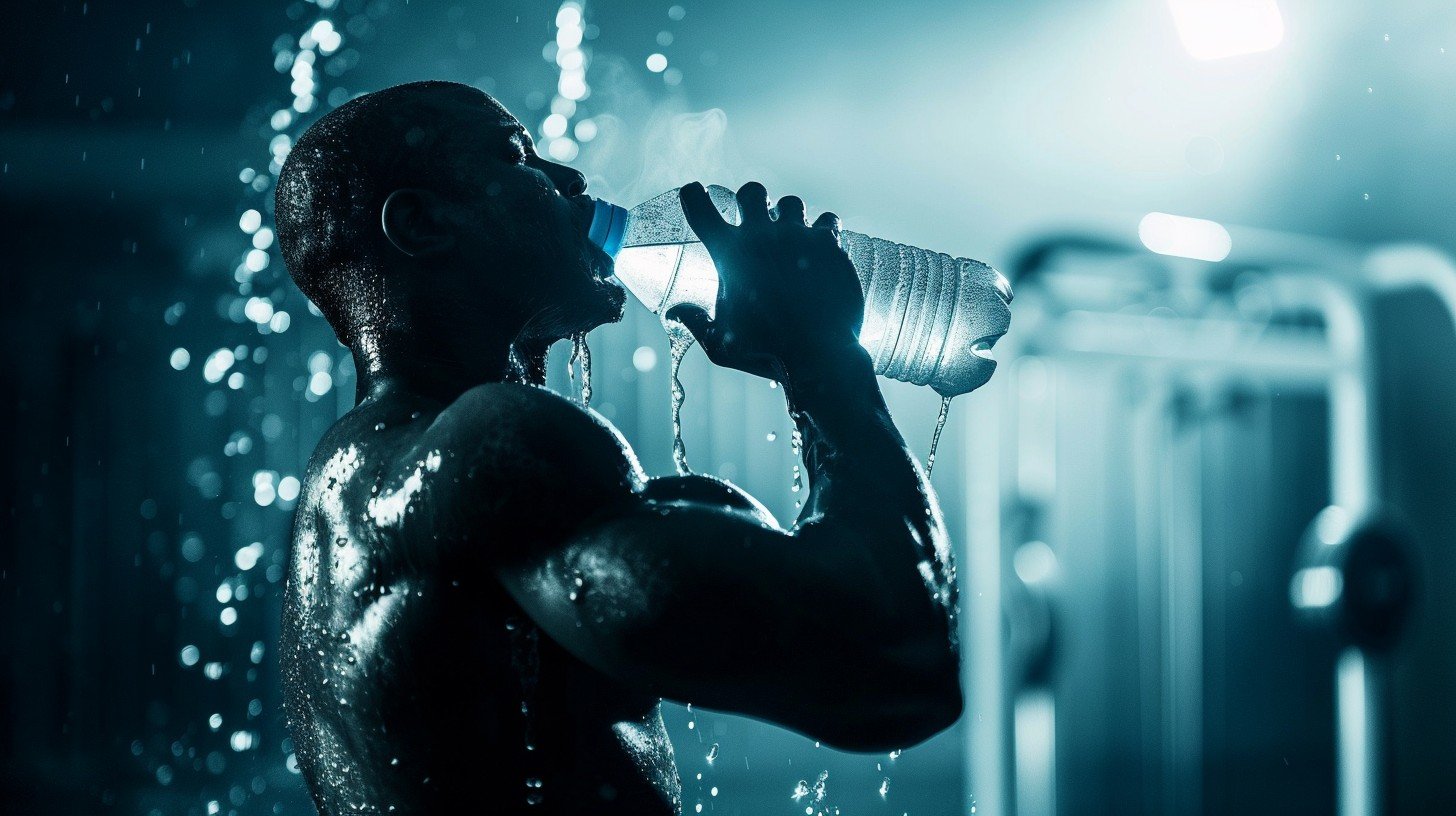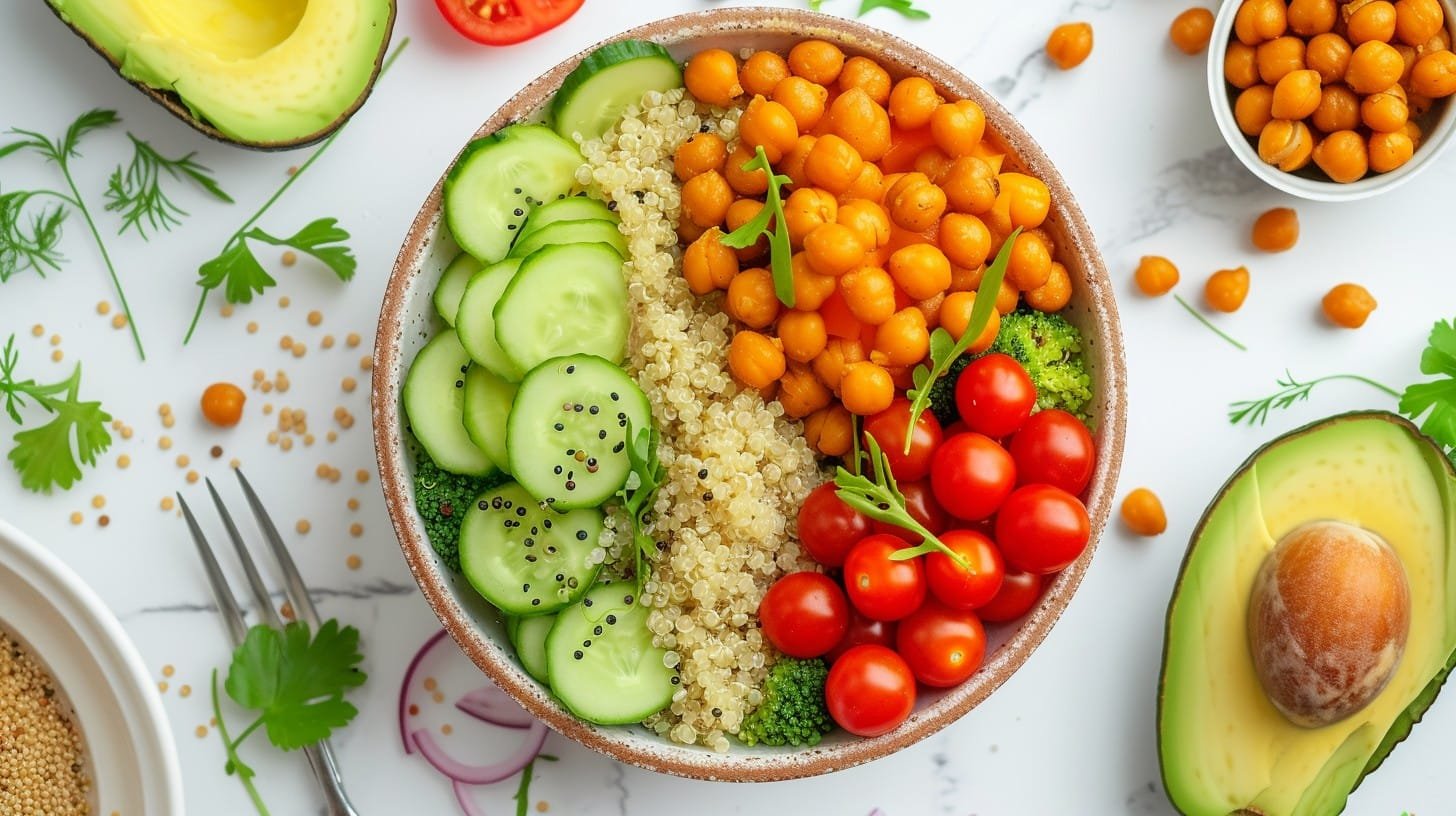Hydration plays a pivotal role in Workout Nutrition, significantly impacting your performance, recovery, and overall health. While most people understand the importance of drinking water, many overlook how crucial it is to maintain proper hydration levels, especially during physical activity. In this post, we’ll delve into the importance of hydration, how it affects workout performance, and practical tips to ensure you’re drinking enough fluids before, during, and after your workouts.

Why Hydration Matters
Understanding the Basics: Water makes up about 60% of your body weight and is essential for numerous bodily functions. It helps regulate body temperature, lubricate joints, and transport nutrients to cells. When you exercise, you lose water through sweat and breathing, making it vital to replenish fluids regularly.
Effects of Dehydration on Performance
The Consequences of Inadequate Hydration: Even mild dehydration can hinder performance, leading to a range of negative effects, such as:
- Decreased Endurance: Studies have shown that a loss of just 2% of body weight due to dehydration can impair endurance, leading to fatigue and decreased motivation.
- Reduced Strength: Dehydration can affect muscle contractions, resulting in decreased strength and power output during workouts.
- Cognitive Impairment: Hydration levels influence cognitive functions like focus and decision-making. Dehydrated athletes may experience confusion and poor judgment, compromising their performance.
- Increased Risk of Injury: Dehydration can lead to muscle cramps, strains, and overheating, raising the risk of injury during exercise.
Hydration Guidelines for Athletes
Understanding Your Needs: Hydration needs vary based on factors such as body size, climate, and the intensity and duration of exercise. Here are some general guidelines to help you stay hydrated:
- Before Exercise: Aim to drink about 16-20 ounces of water 1-2 hours before your workout. This allows your body to absorb the fluids and ensures you’re well-hydrated when you start exercising.
- During Exercise: For workouts lasting less than an hour, water is usually sufficient. Aim to drink about 7-10 ounces every 10-20 minutes during your workout. For longer sessions or intense workouts, consider sports drinks that provide electrolytes and carbohydrates to replenish lost nutrients.
- After Exercise: Rehydrate after your workout by consuming at least 16-24 ounces of water for every pound lost during exercise. This can help restore fluid balance and aid recovery.
Signs You May Be Dehydrated
Listen to Your Body: Recognizing the signs of dehydration is crucial for maintaining optimal performance. Common symptoms include:
- Thirst: A strong feeling of thirst is your body’s way of signaling that it needs more fluids.
- Dark Urine: A dark yellow or amber-colored urine may indicate dehydration. Ideally, your urine should be light yellow.
- Fatigue: Feeling unusually tired or sluggish can be a sign that you’re not hydrated adequately.
- Dry Mouth: A dry or sticky feeling in your mouth is another indicator that you need to drink more fluids.
Practical Hydration Tips
Make Hydration a Habit: Here are some practical strategies to ensure you stay properly hydrated:
- Carry a Water Bottle: Keep a reusable water bottle with you throughout the day to remind yourself to drink regularly. Aim for a goal, such as drinking a certain amount of water by lunchtime.
- Set Reminders: Use apps or alarms to remind you to drink water, especially if you have a busy schedule.
- Flavor Your Water: If you find plain water unappealing, try adding slices of fruits, such as lemon, lime, or cucumber, for a refreshing taste.
- Eat Water-Rich Foods: Incorporate fruits and vegetables with high water content into your diet. Options like watermelon, cucumber, oranges, and strawberries can contribute to your hydration needs.
Conclusion
Hydration is an essential component of workout nutrition that should never be overlooked. It significantly impacts your performance, recovery, and overall well-being. By understanding your hydration needs and implementing practical strategies, you can ensure you stay adequately hydrated for optimal workout results.
Remember, every drop counts. Prioritize hydration, and your body will reward you with improved performance, enhanced endurance, and a quicker recovery. So, grab that water bottle and make hydration an integral part of your fitness routine!
Read More: Common Mistakes in Workout Nutrition and How to Avoid Them






